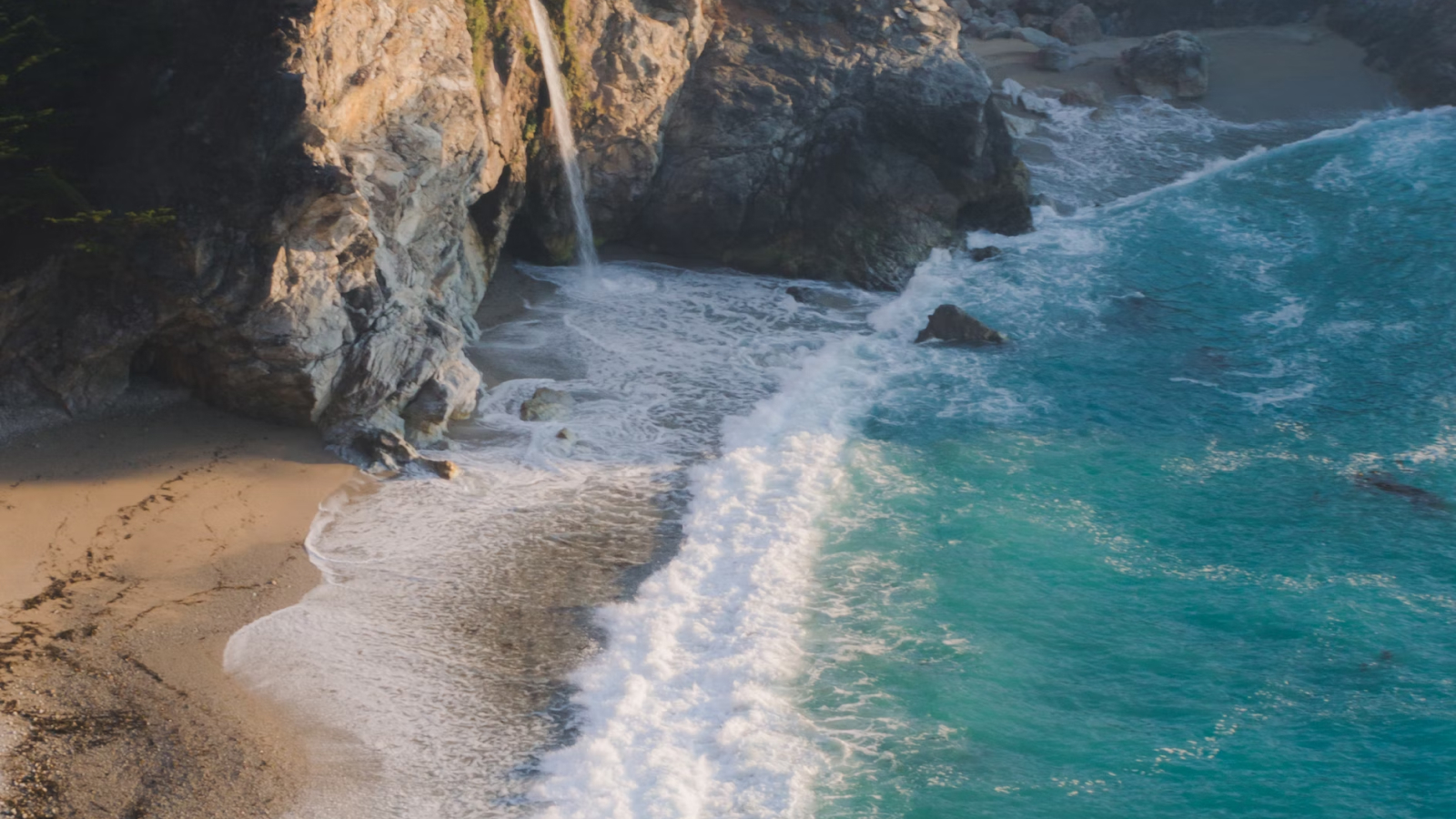Issue
Topographic and bathymetric data along the Great Lakes shoreline and nearshore areas are critical in effectively planning for coastal storms, mapping fluctuating lake levels, and identifying changes to aquatic vegetation. However, the Beaver Islands Archipelago and Manitou Islands in Lake Michigan have been identified as having significant topographic and bathymetric data gaps. These data would also help with characterizing habitat data for fisheries and invasive species issues, making it crucial that these gaps be filled.
Process
NOAA’s Coastal Geospatial Services Contract is an open-ended contracting vehicle that provides a fast and easy way for governmental entities (local, state, or federal) to acquire geospatial services from the private sector. This contract was used to collect data to supplement NOAA’s Lake Level Viewer and fill data gaps for the National Park Service, with whom NOAA is working to develop detailed habitat maps to inform research and management in the region. These products will conform to the Coastal and Marine Ecological Classification Standard, keeping them consistent with other nationwide benthic habitat data products.
Impact
This project filled critical gaps by providing new topographic and bathymetric data to enhance coastal forecasting for inundation, seiches, and flooding, and by providing accurate elevation data and products for modeling, engineering, and resource management needs. All data collected through this project are available on the Digital Coast. (2017)

